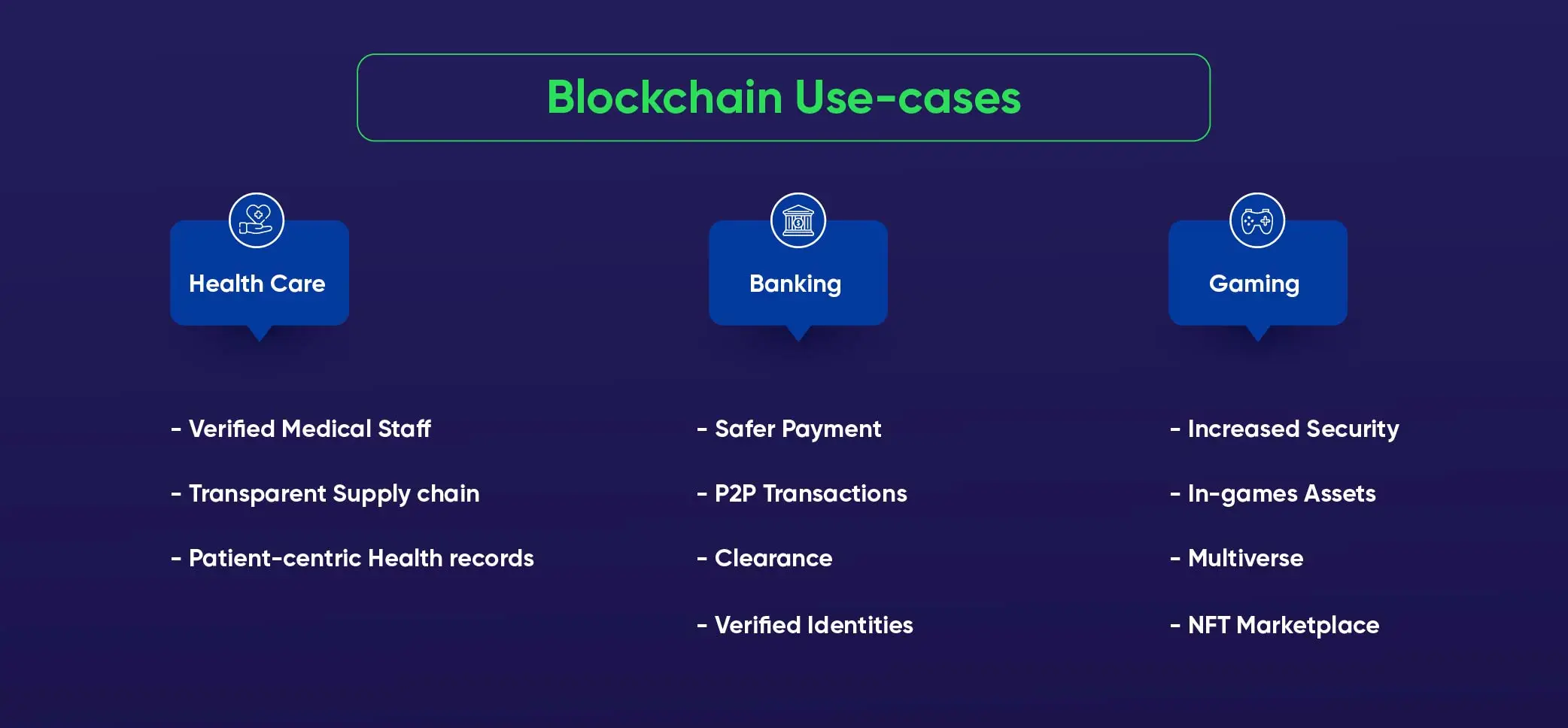BFN Lab: Insights and Innovations
Explore the latest trends and insights in technology, science, and innovation at BFN Lab.
Game On: How Blockchain Verification is Leveling Up Trust in Gaming
Discover how blockchain is transforming gaming by enhancing trust and security. Level up your gaming experience today!
Exploring Blockchain: How Decentralization Enhances Transparency in Gaming
Blockchain technology has revolutionized various industries, and gaming is no exception. By leveraging decentralization, blockchain enhances transparency in gaming, creating a trustless environment where players can verify game mechanics and asset ownership. In a traditional gaming setup, developers control the entire process, which can lead to issues such as hacking, fraud, and lack of accountability. However, with blockchain, all transactions are recorded in a secure and immutable ledger, ensuring that every item and score can be traced back to its origin.
Moreover, the use of smart contracts on blockchain platforms allows for automated compliance and fair play, further reinforcing the transparency in gaming. Players can engage in decentralized finance (DeFi) elements, such as earning tokens through gameplay, knowing that the systems governing these tokens are open for scrutiny. As more developers adopt this technology, we can expect a shift toward a gaming landscape where players have greater control, and trust is built not just on promises, but on verifiable code.

Counter-Strike is a popular first-person shooter game that has captivated players since its release. Teams of terrorists and counter-terrorists compete in various objective-based game modes. Players can enhance their gaming experience by using sites offering rewards, such as those with a bc.game promo code, which can give them in-game bonuses and promotions.
What is Blockchain Verification and How Does it Impact Trust in Gaming?
Blockchain verification is a process that ensures the integrity and authenticity of transactions within a blockchain network. In the realm of gaming, this technology serves as a method of confirming ownership of digital assets, such as skins, characters, and in-game currencies. By utilizing decentralized ledgers, blockchain verification eliminates the need for intermediaries, thereby fostering transparency. Players can track the history of their assets, ensuring that they are genuine and not counterfeit. This mechanism lays the groundwork for a more secure gaming environment, where players can engage confidently, knowing that their investments are protected.
The impact of blockchain verification on trust in gaming is profound. As players increasingly demand fairness and transparency, blockchain's inherent qualities provide a solution to long-standing issues like fraud and item duplication. Games that implement this technology offer players a sense of ownership and control over their in-game assets, which can significantly enhance the gaming experience. Furthermore, the use of smart contracts in conjunction with blockchain ensures that the rules governing transactions are clear and enforced, thereby solidifying players' trust in the gaming ecosystem. In essence, blockchain verification not only transforms the way transactions occur in gaming but also strengthens the relationship between players and developers.
The Future of Gaming: How Blockchain is Revolutionizing Player Ownership and Security
The future of gaming is being reshaped by the integration of blockchain technology, which is creating new opportunities for player ownership and enhanced security. Traditionally, players have invested significant time and resources into games, yet they have had little control or ownership over in-game assets. With blockchain, developers can create unique, digitally verified assets in the form of non-fungible tokens (NFTs), allowing players to truly own their in-game items. This shift not only empowers gamers but also introduces the concept of decentralized gaming economies, where players can trade and sell their assets freely on various platforms.
Moreover, the security features inherent in blockchain technology ensure that player information and transactions are protected from fraud and hacking. By leveraging decentralized ledgers, the gaming industry can provide a transparent and tamper-proof environment where players can feel safe as they engage in their digital adventures. Companies are increasingly adopting blockchain to maintain the integrity of their games, which allows for trustworthy interactions between players and developers. As these technologies continue to evolve, we can expect a gaming landscape that prioritizes player rights and security, aligning with modern expectations for ownership in a digital age.